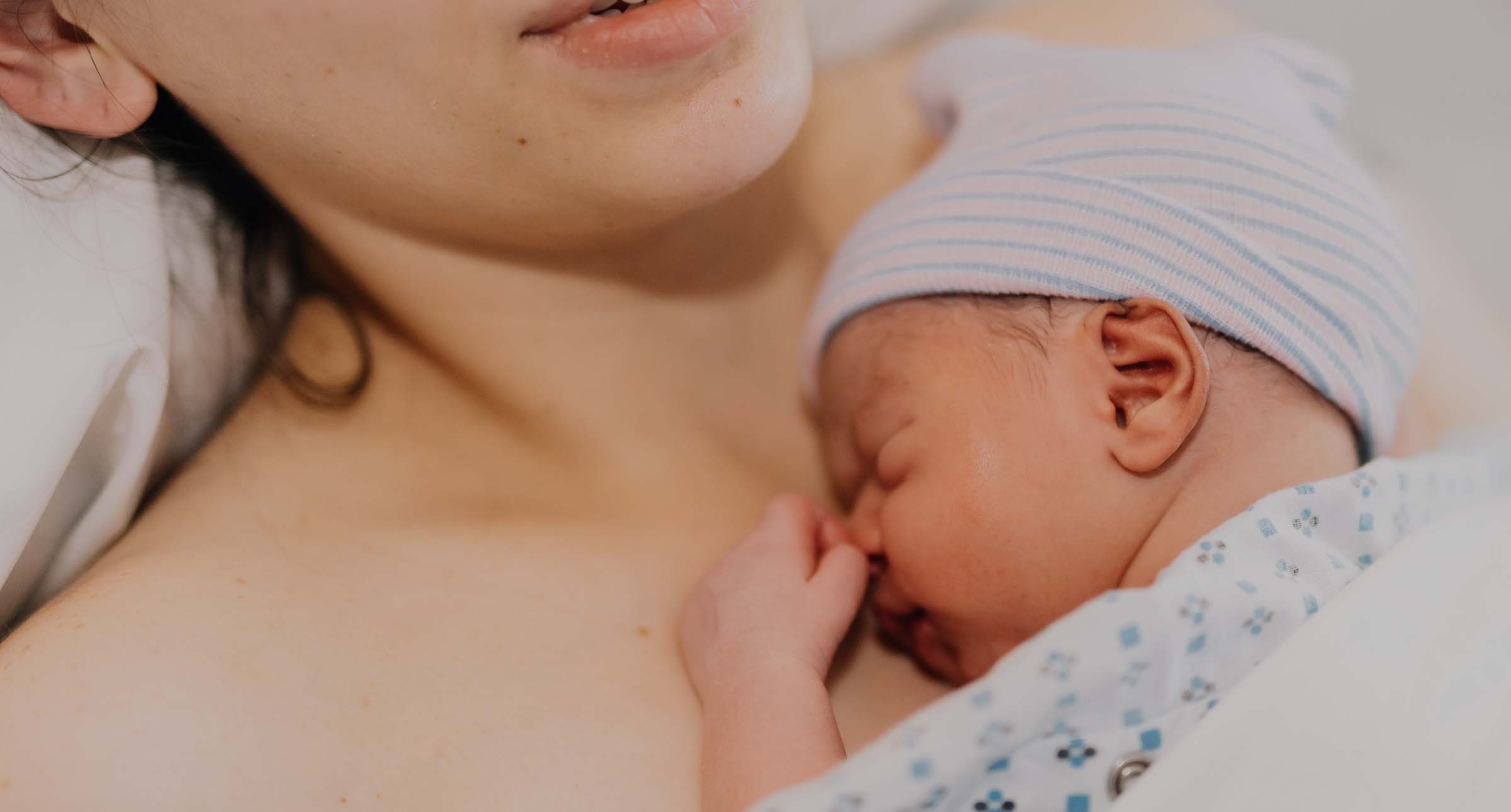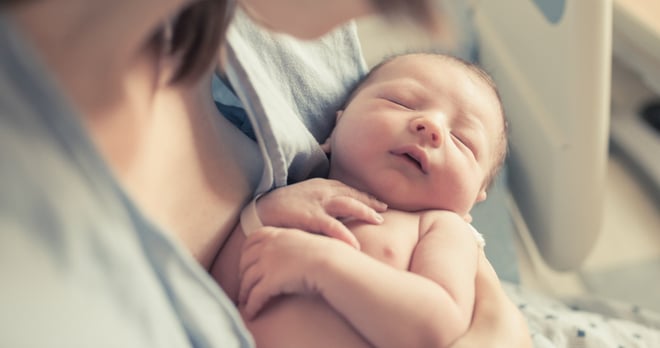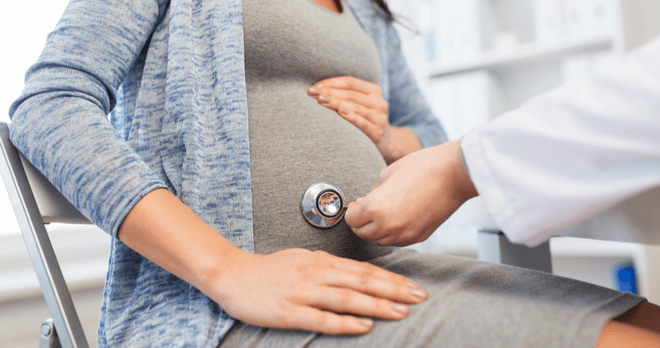£350,000 settlement for mother following severe birth injury which led to lifelong incontinence
Hannah Blackwell and Sophie Angwin-Thornes from RWK Goodman’s specialist maternal injury team has secured £350,000 in damages for a 39-year-old mother who sustained significant and permanent injuries during the birth of her second child at University Hospital Coventry in November 2019.
The birth injury
Our client (referred to here as SR), a 39-year-old mother of two, became pregnant with her second child in 2019. Her first birth in 2007 had been a spontaneous vaginal delivery with no complications.
Her pregnancy was considered low risk, and routine scans showed no anomalies. However, from 26 weeks onwards, symphyseal fundal height measurements (a measure from the top of mum’s uterus to the pubic bone) indicated that her baby was measuring consistently larger than expected. By 39 + five weeks, the measurements were above the 90th centile, suggesting a large baby.
Despite this, no growth scan was arranged at 39 + five weeks and she was not offered the option of a caesarean section.
At 40 + five weeks, SR presented to University Hospital Coventry with vaginal bleeding and was admitted for observation. Labour progressed to full dilation by mid-afternoon, but at 16:15, shoulder dystocia occurred.
An episiotomy was performed and the McRoberts manoeuvre adopted. The baby was delivered at 16:57 but required resuscitation at birth. The birthweight was 11lb 10oz (5300g).
Following delivery, SR was found to have sustained a fourth-degree perineal tear, resulting in a divided anal sphincter and rectal mucosa injury. She suffered significant haemorrhage of 1.8 litres of blood loss. She needed a blood transfusion and required surgical repair by colorectal specialists.
The impact on SR
After surgery, SR was warned that she might experience incontinence and could require a colostomy in future.
Since the delivery, she has lived with faecal and flatus incontinence, faecal urgency, and stress urinary incontinence. She has also suffered from psychological distress and adjustment disorder, as well as a loss of sexual sensation.
She continues to manage her symptoms with physiotherapy and probiotic supplementation, but full restoration of normal sphincter function is unlikely, meaning her condition is permanent.
Making a claim for maternal birth injury
We brought a claim on behalf of SR, alleging that the Trust had been negligent in:
failing to arrange a growth scan at 37 + five weeks, despite clear evidence of a large baby; and
failing to offer a caesarean section, which would likely have prevented the severe perineal trauma.
Expert evidence confirmed that, had a growth scan been performed, the baby would have been identified as large for gestational age, with an estimated fetal weight exceeding five kilograms.
Our client would then have been properly counselled on the option of a caesarean section at 39-40 weeks of pregnancy and it was our client’s evidence that she would have chosen this option. Therefore, she would have avoided the subsequent perineal injury.
The Trust admitted liability, acknowledging failures in antenatal management and delivery care.
We instructed numerous medical experts to set out the future treatment needed to improve our client’s faecal and urinary incontinence, and recovered damages to allow her access to sacral nerve stimulation (SNS) for her faecal incontinence and either Colpo suspension or autologous fascial sling surgery for her urinary incontinence.
Settling the claim
The case was resolved through an out-of-court settlement of £350,000, reflecting both her pain and suffering and the future treatment she will need to improve her incontinence.
If you have suffered a maternal birth injury, you may be wondering whether your injury could have been avoided. If you think you have received substandard care, contact our enquiries team to find out whether you have a claim for compensation.
Call now








